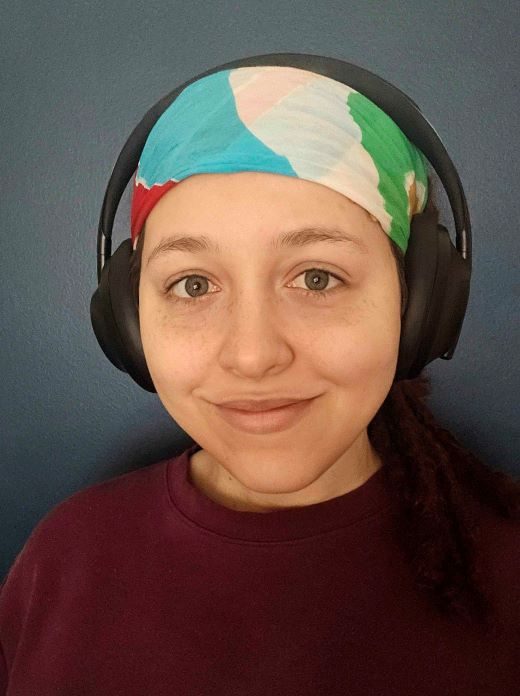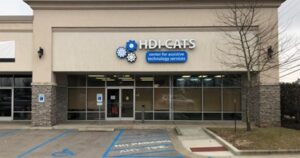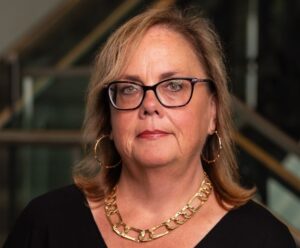Jaz Brown has a background in activism rather than academia, and that gives them a unique perspective in Kentucky’s LEND program.
Brown is a trainee for Kentucky’s LEND. They also recently attended the AUCD conference and walked away with strong impressions about both the conference and Kentucky’s LEND. Kentucky’s LEND program, they said, was one of the best kept secrets in the state.
“Hearing about a program, a program that will not only give me the coursework so that I can have a foundational knowledge on neurodevelopmental disabilities, but also actually put money in my hands to do activist and advocacy work, which is often unpaid. It’s usually just me volunteering my free time,” Brown said. “The fact that I can spend more of my focus on what I love to do and be financially supported through that, I don’t know a better program.”
There are a lot of things Brown feels like Kentucky’s LEND has done particularly well. They have interacted with a lot of people they disagree with as part of the program, but they’ve found that the conversations they’ve found have remained civil and productive. They’ve received extremely rewarding mentorship from a variety of people. They’ve had the chance to branch out and network with other advocates.
So far, they’ve been impressed with the priority LEND and HDI have given towards centering voices of people with disabilities in programs like this. In attending conferences with disability programs across the nation, Brown has found that this approach is not universal. Often, programs are headed by medical professionals and mostly focus on a medical model of disability.
“I feel very privileged to be in this LEND program versus some of the other ones that I’ve seen,” they said. “Ultimately, I think that everybody’s doing a good collective job, but I think that the level of making sure that not only are self-advocate voices and family voices heard that that in general that the people that they’re talking to and running the programs do understand, not only the basics, but at a deeper level, I don’t know if everybody has it as good as us.”
They’ll be taking a step towards helping elevate those voices with their work on the AUCD multicultural council. The council isn’t fully formed yet, but Brown hopes that it gives them an opportunity to expand access to plain language resources.
“Instead of just saying your final text should be sixth grade reading level, it shouldn’t have as many words. I think it needs to be more in the planning stage when we are creating these documents,” they said. “I don’t want it to be an afterthought. I want it to be in there by design.”
That said, they found that some of the people they interacted with also had a lot to learn.
“You kind of have to assume every person that you talk to in the space knows absolutely nothing, and you have to treat them with empathy going through that process,” they said. “Part of that, too, is not going overboard and just being everybody’s soundboard and educator, because that can get really, I think, emotionally taxing, especially on autistic people, to have to have the same conversation over and over again about a basic subject.”
Even so, Brown still got a lot out of the conference. They met people involved in the Autism Special Interest Group and set up strong relationships with other autistic people, which was invigorating for them – not just from an activist’s perspective, but from a community perspective as well.
“So many of us are isolated and not receiving the real care that we need, not just the medical care, but the stuff to feed our souls,” they said.
But, they added, with a growing focus on lived experience becoming a part of programs like LEND, those needs could be better served in the future.



